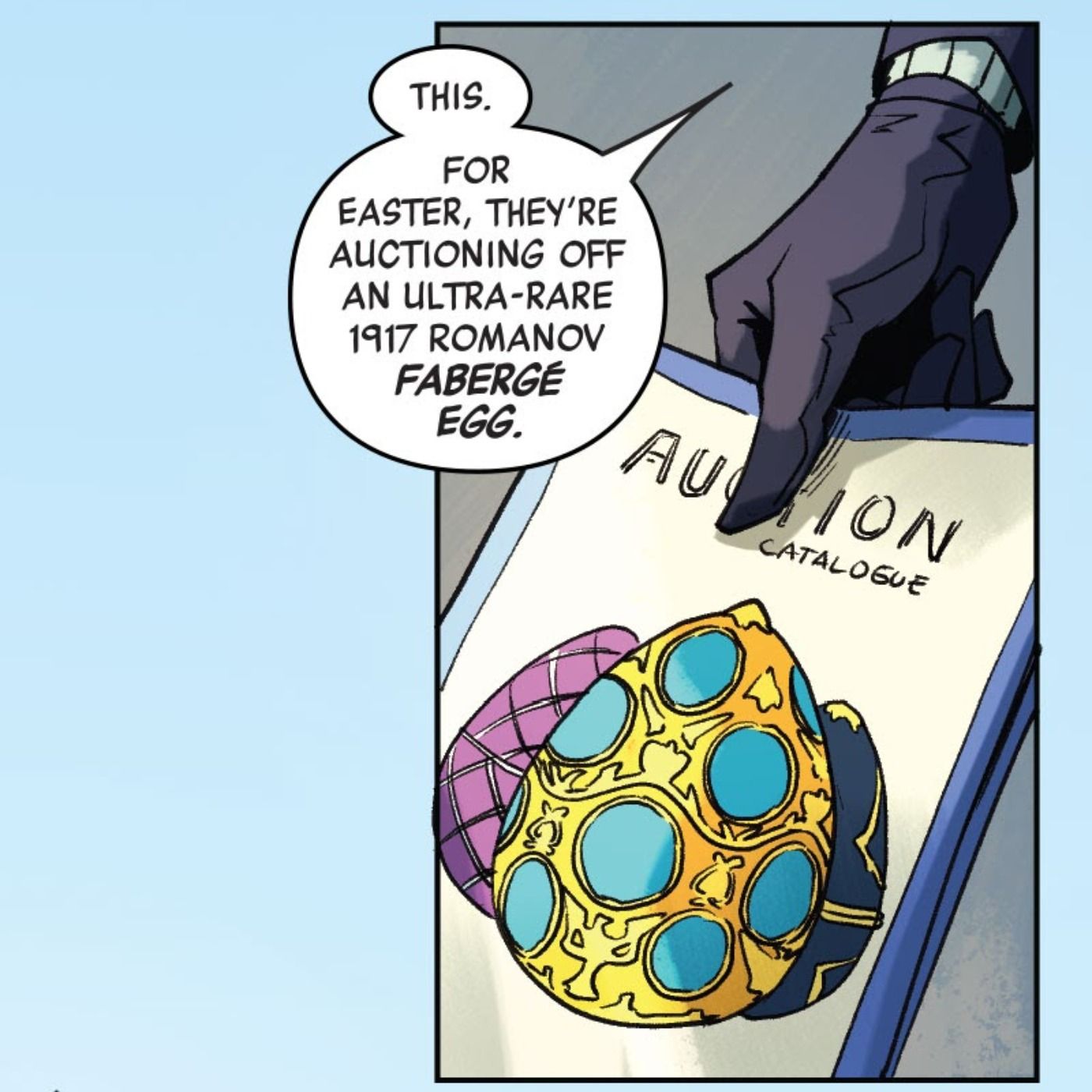Warning: this article contains spoilers for Black Widow Infinity Comic #1!
Marvel Comics has just confirmed Black Widow's secret backstory. Everyone knows the story of Black Widow; how Natasha Romanoff was taken as a child, inducted into the Soviet Union's Red Room program and trained to become one of the world's greatest assassins. It's a tale that has been popularized on the big screen in the MCU, with the details of Black Widow's origin and backstory only confirmed this year in her solo film.
There is one major difference between the comic book version of Black Widow and the MCU, though: her age. In the comics, Natasha was taken in by the Red Room in the early years of the USSR, selected personally by Stalin. She was eventually exposed to the Infinity Formula, which extended her life and prevented her ageing at the rate of a normal human being. This is presumably one reason Natasha's memories of her past are cloudy; not just that she was brainwashed by the Red Room, but also that her human mind wasn't made to handle so many years' worth of memories. Natasha was even briefly mentored by Wolverine when she was just a child, who sensed she would not have a pleasant life ahead of her.
Marvel's recent Black Widow Infinity Comic #1, published on Marvel Unlimited, finally confirms another aspect of her origin story. Written by Mark Russell and featuring art by Ann Maulina, it tells a tale in which Black Widow steals an ultra-rare 1917 Romanov Fabergé egg. Throughout, it's clear the egg is precious to Natasha for a very personal reason, and the final scenes reveal just why; she has found one family member at last, Uncle Sergei, and she wishes him to have it because it contains a precious family photo.
It's easy to miss the significance of this. In the comics, Black Widow was orphaned during the Russian revolution in 1917, and Stan Lee, Don Rico, and Don Heck deliberately gave her the surname "Romanov" (now commonly written as "Romanoff" because of the MCU's influence) to deliberately hint that she was actually a part of the old Russian royal family, who were slaughtered during the revolution. They were tapping into the legends of a surviving Russian princess, Anastasia, which went on to inspire comics, novels, and even live-action and animated films. The Black Widow Infinity Comic seems to confirm this, because Black Widow has a family member who prizes a Fabergé egg from the Russian royal family, because it contains a photo of people dear to him. Black Widow really does appear to be royalty.
Marvel Studios may have given Black Widow a different origin, but they made a subtle reference to her comic book story in Avengers: Endgame when the Red Skull named her father "Ivan." While some speculated this was linked to the comic book character Ivan Petrovich Bezukhov, it was likely instead a nod to Ivan Romanov, a celebrated member of the Russian royal family who passed away in 1640. It was pleasing to see the MCU find a way to honor the intentions of Black Widow's creators, and even better to see the comics subtly canonize them.


